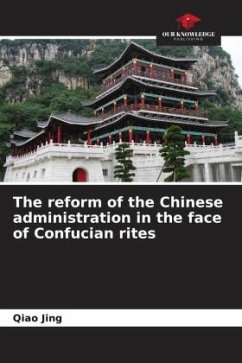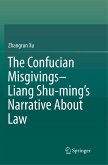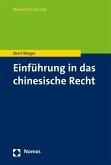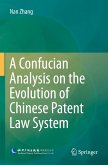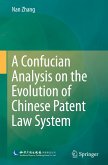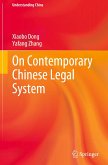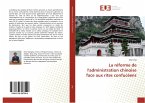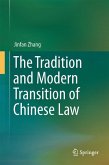The weakness of the Chinese legal system stems at least in part from its Confucian roots. This doctrine places the judiciary in the background, so that the proper application of the law depends on the will of the Party leader or the administration. Thus, the amendment to the Constitution of the People's Republic of China passed by the first session of the 13th National People's Congress in March 2018 abolished the two-term limit for the president. As the holder of public power, the administration is in a position of dominance. As long as both parties maintain this mode of relationship, the fairness of justice remains utopian. In short, from ancient times to the present, China has never experienced true rule of law. The triumph of moral value over legal value, the triumph of moral sanction over penal sanction dominate the Middle Kingdom. The human order and the natural order are too closely linked. From this comes the contempt of all that ignores the particular links, of all that would allow induction, deduction, reasoning only by the law and on the basis of equality.

